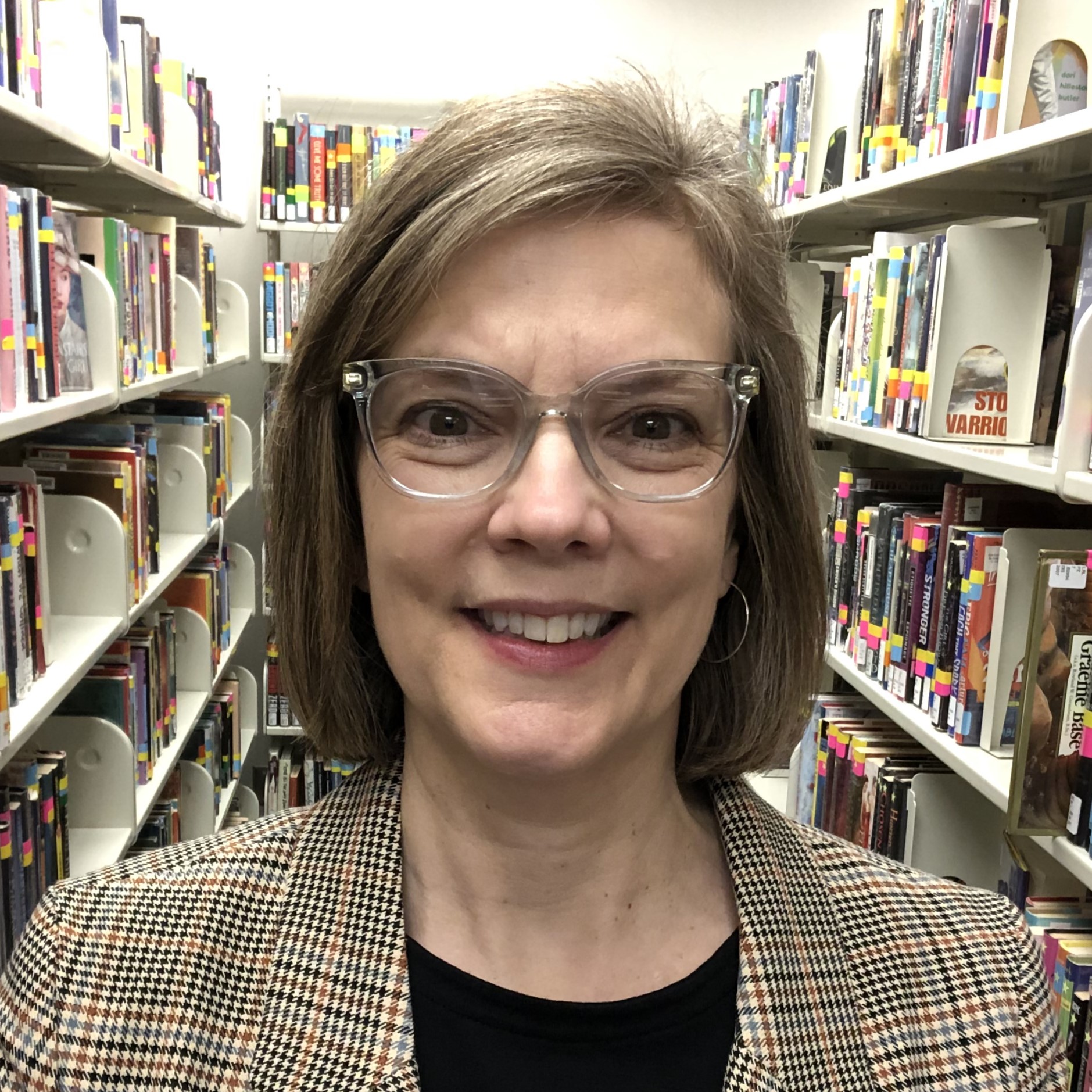


Participants will:
-Explore an approach to collaborative, role-playing teaching in an asynchronous online class.
-Discuss the resources we used t(e.g., Flip and "expert" videos) to help students interact to collaboratively work on critical school problems.
-Share ideas for implementing a post-COVID teacher education strategy to help pre-service teachers think about a school-wide approach to addressing problems.
The instructor (Hessling) has participated in two national research projects which showed how school personnel were unprepared for anything like COVID. The research indicated that the COVID crisis especially affected students of color as well as students with disabilities. The class, School and Society, a core course, has already engaged students asynchronously in dealing with topics like inclusion, anti-racism, and teachers as leaders. The technologist/librarian (Fogle) has worked with the instructor for many years to create inclusive, interactive activities for this asynchronous online class.
Engaging with attendees to the poster session to discuss this module and sharing ideas.
The poster "presentation" will include:
1) Introducing the course and why we decided to create this module
2) Sharing how the module works, especially with the use of Flip for small and large groups.
3) Sharing student reactions
4) Sharing ideas with the audiences.
We will demonstrate how we created the module (and materials for it), and implemented the module, along with any problems we had.
We anticipate that it will take 10-15 minutes with attendees to go through our presentation, and we'll repeat it as needed for new poster session attendees.
Akbayrak, K., Vural, G., & Agar, M. (2021). The experiences and views of special education teachers towards distance education throughout coronavirus pandemic period. Inonu University Journal of the Faculty of Education (INUJFE), 22(1), 471-499. https://doi-org.ezproxy.stthom.edu/10.17679/inuefd.863029
Alshamri, K. H. (2021). The challenges of online learning for teachers of children with intellectual disability in the COVID19 pandemic: Qualitative method. Journal of Education - Sohag University, 85(Part 2), 77–94. https://doi-org.ezproxy.stthom.edu/10.21608/edusohag.2021.16434
Author, Walters, N., & Flores, S. (2020). Teaching with a non-traditional mindset: Lessons learned from in-service teachers. In Ferdig, R.E., Baumgartner, E., Hartshorne, R., Kaplan-Rakowski, R., & Mouza, C. (Eds.) Teaching, technology, and teacher education during the COVID-19 pandemic. Association for the Advancement of Computing in Education (AACE) (pp. 569-574). https://www.learntechlib.org/p/216903/
Bozkurt, A., & Sharma, R. C. (2020). Education in normal, new normal, and next normal: Observations from the past, insights from the present and projections for the future. Asian Journal of Distance Education, 15(2), i–ix.
Conry, J. M., Wernick, A. M., & Ware, P. (2022). Pivoting, partnering, and sensemaking: How teachers navigate the transition to remote teaching together. CALICO Journal, 39(1), 53–78. https://doi.org/10.1558/cj.19668
Cullen, T.A., & Ottenbreit-Leftwich, A., (2020). Revisiting preservice technology integration course content: What are the critical objectives. In Ferdig, R.E., Baumgartner, E., Hartshorne, R., Kaplan-Rakowski, R., & Mouza, C. (Eds.) Teaching, technology, and teacher education during the COVID-19 pandemic. Association for the Advancement of Computing in Education (AACE) (pg 457-463). https://www.learntechlib.org/p/216903/
de Klerk, E. D., & Palmer, J. M. (2021). Resetting education priorities during Covid-19: Towards equitable learning opportunities through inclusion and equity. Perspectives in Education, 39(1), 12–28. https://doi-org.ezproxy.stthom.edu/10.18820/2519593X/pie.v39.i1.2
Esposito, D., & Agoratus, L. (2021). Inclusion is essential, even in remote learning! Exceptional Parent, 51(1), 56–60.
Flores, M. A., & Swennen, A. (2020). The COVID-19 pandemic and its effects on teacher education. European Journal of Teacher Education, 43(4), 453–456. https://doi.org/10.1080/02619768.2020.1824253
Foulger, T.S., Graziano, K.J., Schmidt-Crawford, D.A., & Slykhuis, D.A. (2020). Throw me a lifeline: A professional development program for teacher educators managing the demands from the rapid transition to online teaching. In Ferdig, R.E., Baumgartner, E., Hartshorne, R., Kaplan-Rakowski, R., & Mouza, C. (Eds.) Teaching, technology, and teacher education during the COVID-19 pandemic. Association for the Advancement of Computing in Education (AACE) (pg 517-521). https://www.learntechlib.org/p/216903/
Fournier, E., Scott, S., & Scott, D. E. (2020). Inclusive leadership during the COVID-19 pandemic: How to respond within an inclusion framework. International Studies in Educational Administration (Commonwealth Council for Educational Administration & Management (CCEAM)), 48(1), 17–23.
Krumboltz, J.D. (2009). The happenstance learning theory. Journal of Career Assessment, 17(2), 135-154.
Kaden, U. (2020). COVID-19 School Closure-Related Changes to the Professional Life of a K–12 Teacher. Education Sciences, 10(6), 165. https://doi.org/10.3390/educsci10060165
Marshall, D. T., Shannon, D. M., & Love, S. M. (2020). How teachers experienced the COVID-19 transition to remote instruction. Phi Delta Kappan, 102(3), 46–50. https://doi-org.ezproxy.stthom.edu/10.1177/0031721720970702
Smith, M. G., & Schlaack, N. (2021). Teaching during a Pandemic: Elementary Candidates’ Experiences with Engagement in Distance Education. IAFOR Journal of Education, 9(4), 7–22. https://doi.org/10.22492/ije.9.4.01
Trust, T & Whalen, J., (2021) Emergency remote teaching with technology during the COVID-19 pandemic: Using the whole teacher lens to examine educator’s experiences and insights. Educational Media International, 58(2), 145-160, https://doi.org/10.1080/09523987.2021.1930479